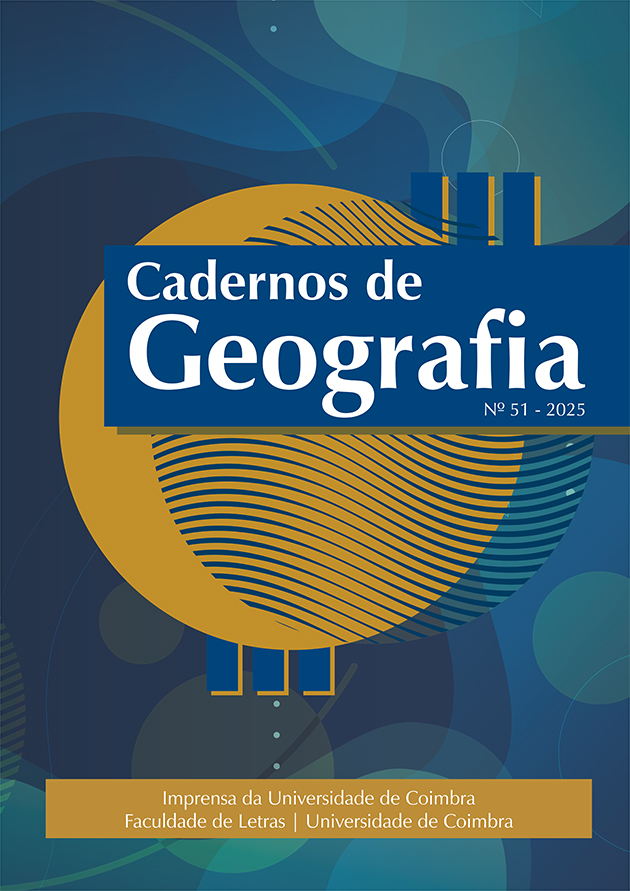Methodological proposal to integrate vulnerable groups in territorial planning projects
DOI:
https://doi.org/10.14195/0871-1623_51_4Keywords:
Vulnerable groups, Territorial planning, Citizen participation processes, Regulatory plans, InclusionAbstract
The aim of this article is to present a methodological proposal for the inclusion of the needs of vulnerable groups within land use planning processes. The research considered as vulnerable groups the populations of older adults, minors, women, people with disabilities, migrants, people living in poverty, people from the LGTBI+ community and migrants. The delimitation of vulnerable populations was based on the results of the literature analysis on the subject. The inclusion of the needs of vulnerable populations should be carried out as an integral part of a process of citizen participation that considers their integration as a cross-cutting axis.
The research carried out included the analysis of management plans with the inclusion of vulnerable populations, the analysis of the particular needs of vulnerable populations, and the development of tools for the integration of needs into management plans.
According to the results, the integration proposal should be made with the use of a box of 20 tools that presents methodological flexibility, managing to incorporate tools in each participation process according to the vulnerable groups present in the territory.
The heterogeneity of a toolbox allows the particular needs of each vulnerable group to be addressed through specific tools.
For each particular case, a systemic analysis must be carried out with the needs of the vulnerable populations present in the territory, using the methodological tools proposed according to the particular case.
Downloads
Downloads
Published
Issue
Section
License
Copyright (c) 2025 Cadernos de Geografia

This work is licensed under a Creative Commons Attribution 4.0 International License.
Authors retain copyright and grant the journal right of first publication with the work simultaneously licensed under a Creative Commons Attribution License that allows sharing the work with recognition of authorship and initial publication in Antropologia Portuguesa journal.











